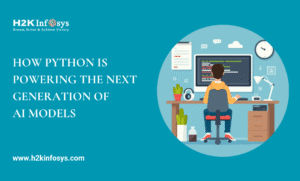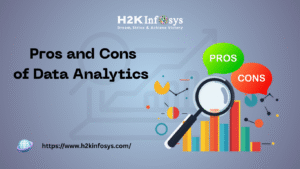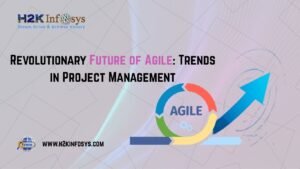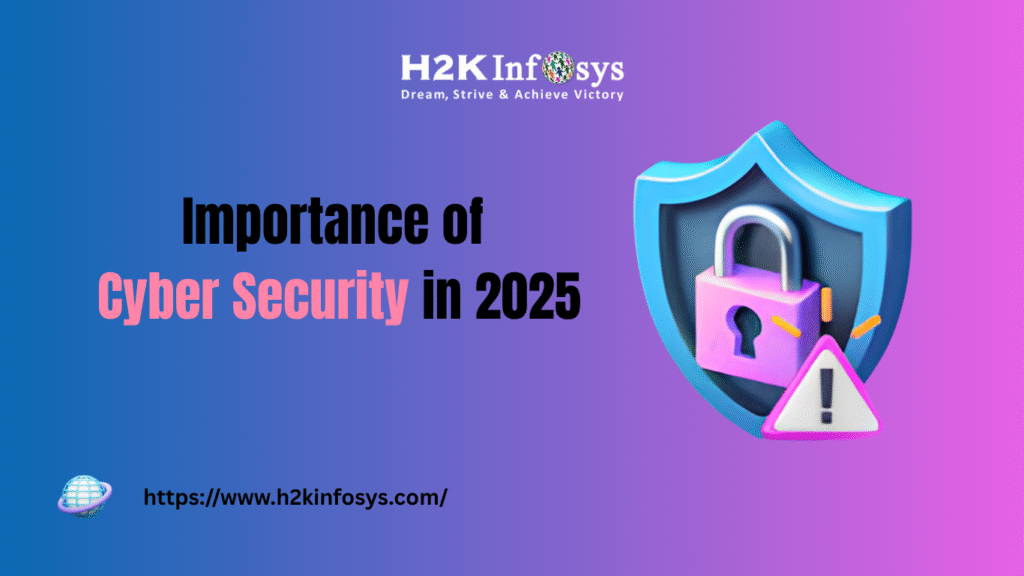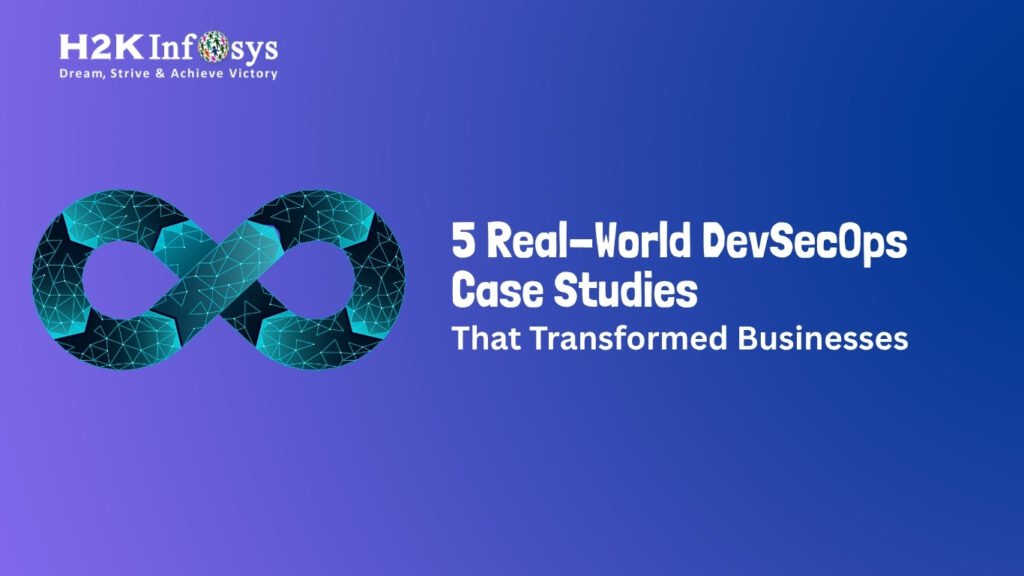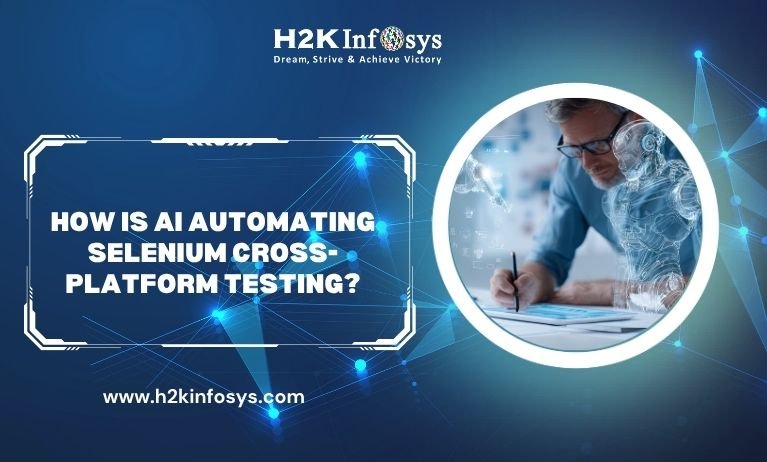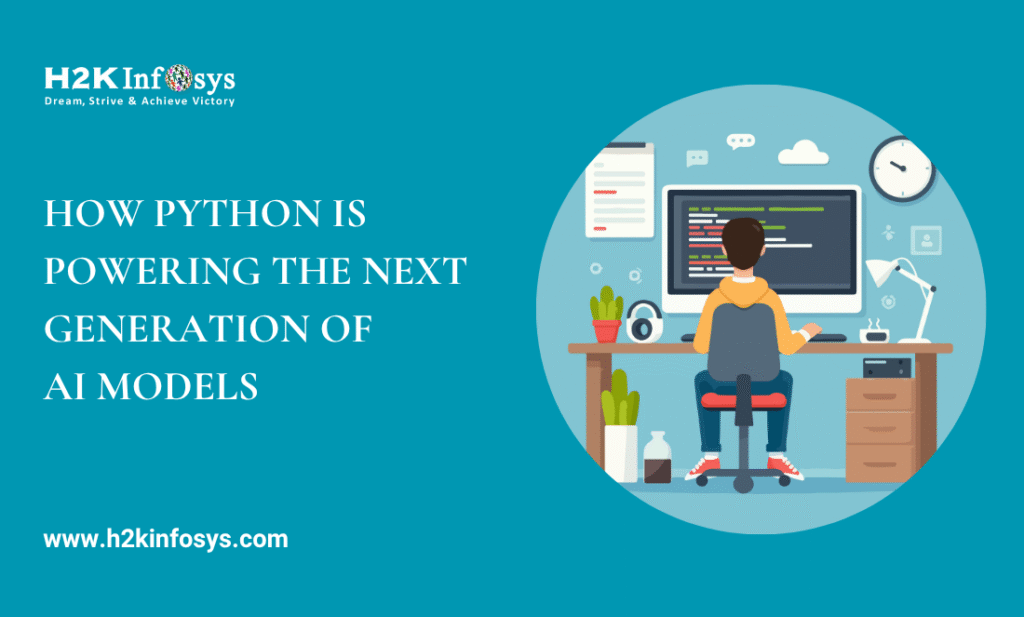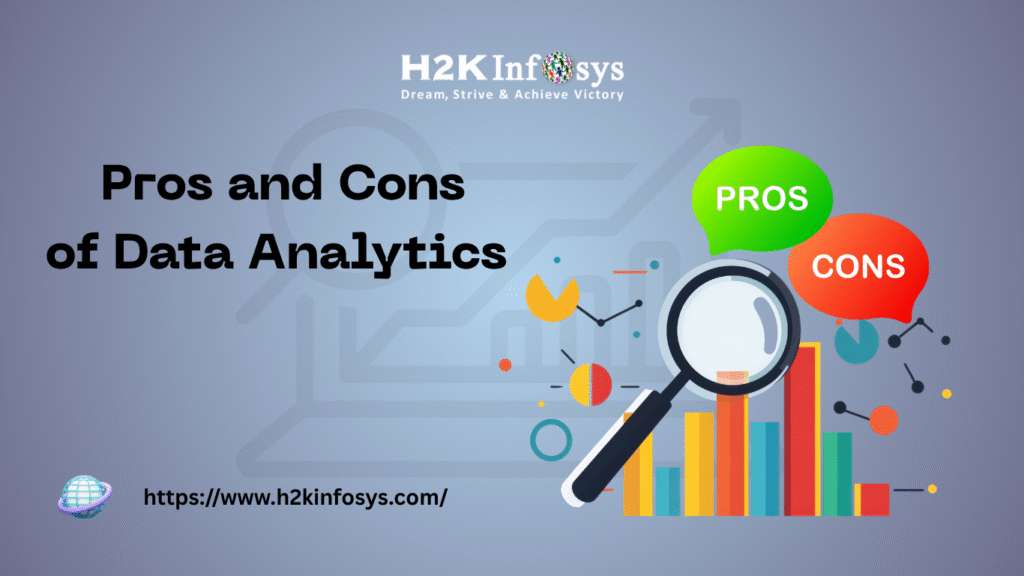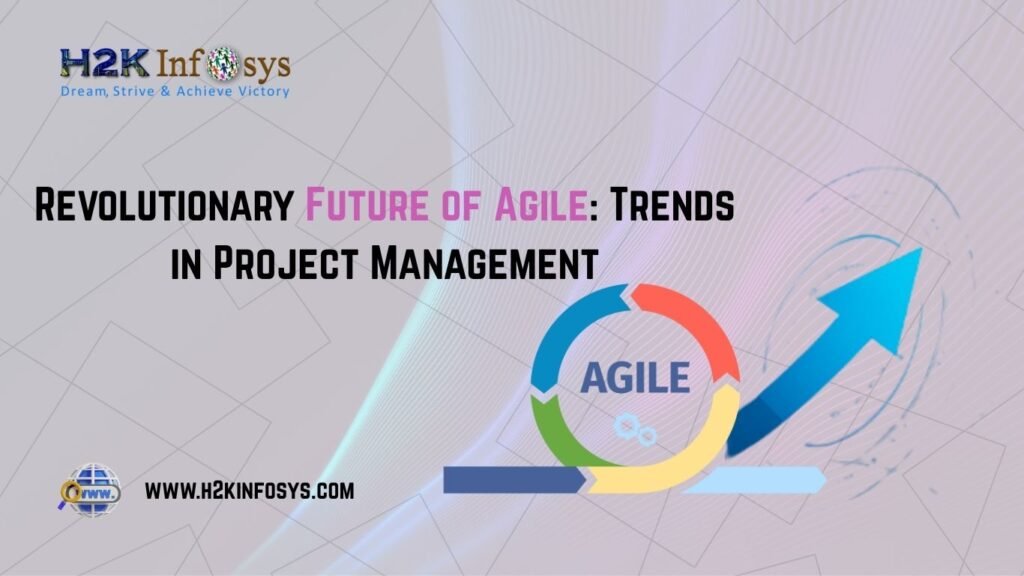Both cloud and devops engineers are essential and complementary components of contemporary infrastructure management and software development. Let’s first examine the roles and responsibilities of each job before examining the differences between them. Take a look at the DevOps online training to find out more about the profession.
Roles and Responsibilities of a DevOps Engineer
Some of the key responsibilities of a DevOps Engineer are listed here:
- Continuous Integration and Continuous Deployment (CI/CD): They are in charge of making code integration, testing, and deployments easy and frequent. Through the planning, execution, and management of automated CI/CD, they enable it.
- Infrastructure as Code (IaC): defining and managing infrastructure by code using programs like Terraform, Ansible, or CloudFormation, which enables environments that are repeatable and consistent.
- Automation: In addition, these engineers create tools and scripts to automate labour-intensive manual operations including scaling, deployment, configuration management, and monitoring.
- Monitoring and Performance Optimization: To guarantee high availability and dependability, monitoring solutions are implemented to check application and infrastructure performance. Proactively discovering and fixing problems is also part of this process.
- Collaboration: In order to support the establishment of a DevOps culture and attitude, they should also serve as a bridge for communication and cooperation between development, operations, and other cross-functional teams.
- Security and Compliance: The CI/CD pipeline should be able to incorporate security practices. It is imperative to guarantee secure code deployments and comply with pertinent compliance standards.
- Cloud management is the process of overseeing cloud-based resources, services, and infrastructure while maximising cloud usage for scalability and cost effectiveness.
- Troubleshooting and Incident Management: looking into and fixing production problems, taking part in incident handling, and putting preventative measures in place.
Key Skills Required for a DevOps Engineer
- Version Control Systems: Expertise managing and monitoring changes in code repositories using version control systems like Git.
- Programming and Scripting Languages: In order to automate activities and create tools, DevOps Engineers should be proficient in programming languages like Java or C# as well as scripting languages like Python, Ruby, and Bash.
- CI/CD Tools: in setting up automated build, test, and deployment pipelines using CI/CD solutions like Jenkins, GitLab CI/CD, or CircleCI.
- Cloud Platforms: They must be knowledgeable about well-known cloud platforms such as Google Cloud Platform, Azure, and Amazon. They are therefore able to implement and oversee cloud-based services.
- Configuration management: The ability to manage and maintain infrastructure and application configurations through the use of tools such as Ansible, Chef, or Puppet.
- Containers and Container Orchestration: An understanding of containerization technologies, such as Docker, is another essential talent. Additionally, to manage containerized applications, familiarity with container orchestration technologies such as Kubernetes.
- Tools for Monitoring and Logging: The ability to use monitoring and logging technologies practically is another essential competency. For performance monitoring and problem solving, some of the tools are Prometheus, Grafana, and the ELK stack (Elasticsearch, Logstash, Kibana).
- Working Together and Communicating: Strong problem-solving, communication, and teamwork abilities are also essential. in order to improve output and engage with cross-functional teams more successfully.
- Best Practices for Security: Understanding security best practices and principles to guarantee infrastructure management and software delivery that is secure.
Roles and Responsibilities of a Cloud Engineer
They are in charge of creating, putting into place, and overseeing cloud-based services and infrastructure. Their main goal is to create scalable, secure, and dependable solutions by utilising cloud computing technology. The following are some of the main duties of a cloud engineer:
- Cloud infrastructure management is the process of establishing and customising virtual computers, networks, storage, and security groups in cloud settings.
- Automation and Deployment: Using Infrastructure as Code (IaC) technologies, create automation scripts and templates to effectively deploy and manage cloud services.
- Security and Compliance: Ensuring the protection of data and applications through the use of encryption, access controls, and security best practices. ensuring adherence to rules and industry standards.
- Monitoring and Performance Optimization: Maintaining optimal system performance requires proactive problem identification and resolution in addition to performance monitoring of cloud resources.
- Cost optimization is the process of analysing cost trends and cloud utilisation to maximise expenditures and suggest cost-cutting options.
- Backup and Disaster Recovery: Creating and putting into practice backup and disaster recovery plans to guarantee business continuity and data resilience.
- Working Together and Recording: cooperating on architecture design and comprehending application requirements with cross-functional teams. keeping thorough records on cloud infrastructure and processes.
Essential Skills for a Cloud Engineer
- Cloud Platform Expertise: thorough understanding of a few key cloud computing systems, such as Google Cloud Platform, Microsoft Azure, Amazon Web Services, or others.
- Networking Skills: Knowledge of cloud-specific networking services and comprehension of networking fundamentals including TCP/IP, VPN, and VPC.
- Knowledge of security: acquaintance with identity and access management (IAM), encryption methods, and cloud security best practices.
- Automation and scripting: Working knowledge of configuration management systems and scripting languages such as Python, PowerShell, or Bash.
- Practical knowledge of Infrastructure as Code (IaC) tools such as Terraform, CloudFormation, or Azure Resource Manager templates.
- Monitoring and Troubleshooting: Ability to set up monitoring and logging solutions and troubleshoot issues effectively.
- Cloud Migration: Knowledge of the difficulties involved in moving on-premises infrastructure to the cloud.
- Collaboration and Communication: To effectively collaborate with many teams and stakeholders, one needs to possess strong communication and teamwork skills.
- Constant Learning: Staying current with the quickly changing trends and cloud technologies in the market.
Key Differences Between a DevOps and a Cloud engineer
Here are some of the differences between DevOps vs a Cloud Engineer
1.Focus and Responsibilities
The primary responsibilities of a cloud engineer are the planning, execution, and administration of the cloud’s infrastructure and services. Additionally, they configure networks, storage, and virtual machines in the cloud environment to guarantee availability, scalability, and security. A DevOps Engineer, on the other hand, is primarily concerned with bridging the gap between the development and operations teams. Their work is constantly focused on optimising and automating the procedures involved in software development and deployment.
2.Skill Set
There is some overlap between the skill sets needed for DevOps and Cloud, and certain abilities are prioritised more in one function than others. Cloud engineers require a thorough understanding of networking, security, infrastructure as code (IaC) tools, and cloud platforms (such as AWS, Azure, and GCP). DevOps Engineers, on the other hand, need to be knowledgeable about containerization, version control systems, configuration management tools, and CI/CD pipelines.
3.Scope
Cloud engineers mainly work on projects that are specialised to the cloud, with an emphasis on developing and overseeing cloud infrastructures and services. On the other hand, DevOps Engineers concentrate on integrating development and operations processes across multiple platforms and have a wider reach.
4.Team Interaction
To develop and manage cloud infrastructure, cloud engineers frequently work closely with system administrators, network engineers, and security teams. In order to provide continuous integration, delivery, and deployment, DevOps Engineers work in conjunction with developers, testers, and other IT teams.
Similarities Between DevOps and Cloud Engineer
1.Cloud Knowledge
A solid grasp of cloud computing ideas and technologies is necessary for both professions. While DevOps Engineers employ cloud services for continuous integration and deployment, Cloud Engineers use this knowledge to design and manage cloud infrastructure.
2.Automation
One thing that both jobs have in common is automation. While DevOps engineers automate software creation, test, and deployment processes, cloud engineers utilise automation to efficiently provision and manage cloud resources.
3.Continuous Improvement
Both positions place a strong emphasis on ongoing development and work to streamline procedures. Cloud engineers search for ways to optimise performance and reduce costs in cloud infrastructure. DevOps engineers work to improve the development and deployment pipelines in order to provide software more quickly and reliably.
4.Collaboration
Working cooperatively with cross-functional teams is a need for both positions. To achieve seamless integration, DevOps engineers work with developers, testers, and other IT teams; cloud engineers engage with system administrators, network engineers, and security teams.
DevOps vs Cloud Engineer: Who Has a Better Future?
DevOps engineers are a superset in the area since they possess a wider range of skills than Cloud engineers. Promising career opportunities await both DevOps and Cloud Engineers, whose futures are increasingly linked as more companies embrace cloud technologies and DevOps methodologies. Professionals that can bridge the gap between development and cloud infrastructure management may find themselves in even greater demand if they possess a combination of abilities in both fields. Considering that both of these job pathways present exciting potential in the technology industry, the decision between these professions should ultimately be based on the interests, abilities, and professional goals of the individual.
Conclusion If you are looking to enhance your cloud computing and DevOps skills further, check out the online DevOps course.











